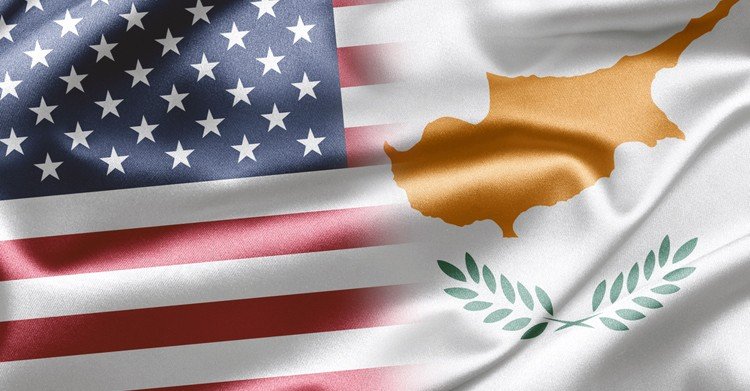It was almost exactly one year ago to the day that an entire nation was frozen out of its savings… overnight.
Cypriots went to bed on Friday thinking everything was fine. By the next morning, they had no way to pay bills or buy food.
It’s certainly a chilling reminder of how quickly things can change. And why.
The entire crisis sprang from a mountain of debt. The government had accumulated too much debt. The banking system had accumulated too much debt.
And banks had lost a lot of their customers’ money making risky, stupid bets on things like Greek government bonds.
By March 2013, Cypriot banks were almost entirely devoid of cash.
Sure, customers could log on to a website and check their bank balances.
But there’s a huge difference between a number displayed on a screen, and a well-capitalized bank that actually holds abundant cash.
The government was too insolvent to bail anyone out. And as a member of the eurozone, Cyprus didn’t have the ability to print its own money.
So they did the only thing they could think of– confiscate customer deposits.
And they imposed capital controls on top of that to make sure that people couldn’t withdraw their remaining funds out of the banks as soon as the freeze was lifted.
It was a truly despicable act. But again, even though it all unfolded overnight, the warning signs were building for at least a year. Especially the debt.
When countries, central banks, and commercial banks accumulate too much debt, and specifically too much debt relative to assets, you can be certain there is trouble ahead in the system.
Think about it like your own personal finances. If you have a million dollars in debt, that seems like a lot. But if you own a home worth $5 million, you are still in good shape financially.
If, on the other hand, you have a million dollar mortgage for a home that’s worth $250,000, you’re in deep trouble.
The US government’s official, ‘on the books’ debt now exceeds $17.5 trillion. This is an enormous figure.
If the Uncle Sam just happened to have $20 trillion or so laying around, however, this debt load wouldn’t be a big deal. But that’s not the case.
By the US government’s own admission, their own financial statements show net equity (assets minus liabilities) of MINUS $16.9 trillion.
That’s including ALL the assets: Every tank. Every bullet. Every body scanner. Every highway.
Then you have to look at the Central Bank, which is itself teetering on insolvency.
The Federal Reserve’s balance sheet has exploded since 2008, and right now the Fed’s net equity (assets minus liabilities) is about $56 billion.
That’s a razor-thin 1.34% of its $4 trillion in assets (it was 4.5% before the crisis).
Here’s the thing: in its own annual report, the Fed just admitted that it had accumulated ‘unrealized losses’ totaling $53 billion. This is almost the Fed’s ENTIRE EQUITY.
So in the Land of the Free, you now have an insolvent government and insolvent central bank underpinning a commercial banking system that is incentivized to make risky, stupid bets with their customers’ money.
To be fair, I’m not suggesting that bank accounts in the US are going to be frozen tomorrow morning.
But a rational person should recognize that the warning signs are very similar to what they were in Cyprus last year.
And if there is one thing we can learn from the Cyprus bail-in, it’s that it behooves any rational person to have a plan B, even if you think the future holds nothing but sunshine and smiley faces.
Having a plan B can mean a lot of different things depending on your situation– moving some funds abroad, securing a second source of income, having an escape hatch overseas, owning physical gold, holding extra cash, etc.
You’re not going to be worse off for having a plan B based on the possibility that there -could- be some problems down the road.
But if those consequences are ever realized,and Plan B becomes Plan A, it might just turn out to be the smartest move you’ve ever made.
If you think this makes sense then I encourage you to sign up for our free Notes From the Field if you haven’t already done so, and you can also share this article with your friends below so they’re not without a plan B if things do take a turn for the worse.
March 17, 2014
Dallas, Texas, USA








